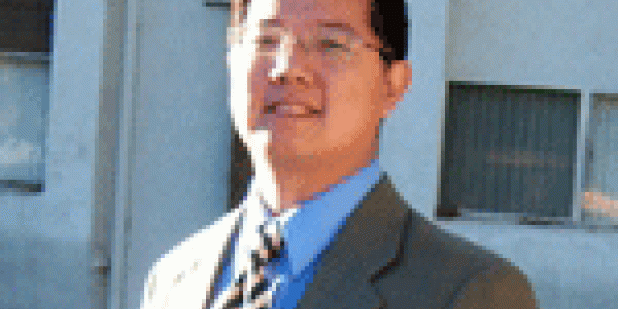Happy Lunar New Year from the USC US-China Institute!
Global soft power and the adaptive state: China's differing pathways of adaptation to international norms
UCLA Center for Chinese Studies presents a discussion by Titus Chen on China's adaptation to international norms.
Where

How do we explain the disjuncture between China's reaction to the liberal human rights norm and its response to the international rule-of-law norm? And, how does one explain the reverse directions of China's adaptation to differing international norms? I present a constructivist analysis of China's adaptation to international norms--a less likely case. I argue that the state adapts to differing norms through varying pathways and by varying mechanisms. I propose that the rule-based constructivism better explains the the degree of the Chinese government's adaptation to international human rights pressure. That is, China adapted to human rights pressure through defiant argumentation at international occasions, which made China increasingly embedded into the international human rights regime. On the other hand, I propose that the interpretive and endogenous constructivisms, when integrated, better explains China's adaptation to international norm of rule of law. That is, China adapted to the rule-of-law norm through purposive learning and bureaucratic matching.
Titus Chen is the Hayward R. Alker Postdoctoral Research Fellow at the USC Center for International Studies (2008-2009). He earned a doctoral degree of Political Science from University of California, Irvine in August 2008. His research interests cover international relations theory, state-society relations, international norm, East Asian security and development, and Chinese foreign policy. He is currently working on two journal papers that analyze China's socialization in international human rights and rule-of-law norms. Titus will soon join the Institute of International Relations (IIR) at the National Chengchi University (NCCU) at Taipei.
Featured Articles
We note the passing of many prominent individuals who played some role in U.S.-China affairs, whether in politics, economics or in helping people in one place understand the other.
Events
Ying Zhu looks at new developments for Chinese and global streaming services.
David Zweig examines China's talent recruitment efforts, particularly towards those scientists and engineers who left China for further study. U.S. universities, labs and companies have long brought in talent from China. Are such people still welcome?






